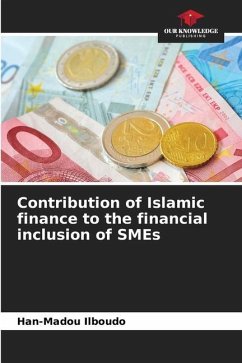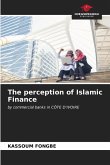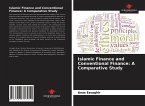This book tackles the problem of financing small and medium-sized enterprises (SMEs), whose development is hampered by their difficult access to finance, especially in sub-Saharan African countries. The main objective is to explore the ethical foundations of Islamic finance as a solution to the problem of SME financing. Islamic finance, which draws its foundations from Islamic Sharia law through Fiqh Mouammalat, is in fact a practice whose history dates back to the 7th century with the advent of Islam. However, the application of Islamic finance principles by financial institutions dates back to the 1970s. The study of the principles and main methods of Islamic financing in this thesis has enabled us to identify the comparative advantages of Islamic finance in promoting access to financing for SMEs, compared with the conventional financial system. Still little-known by the general public and even by financial players in many countries, a number of challenges remain to be met if Islamic finance is to develop in the interests of financial inclusion for SMEs and other vulnerable populations.








